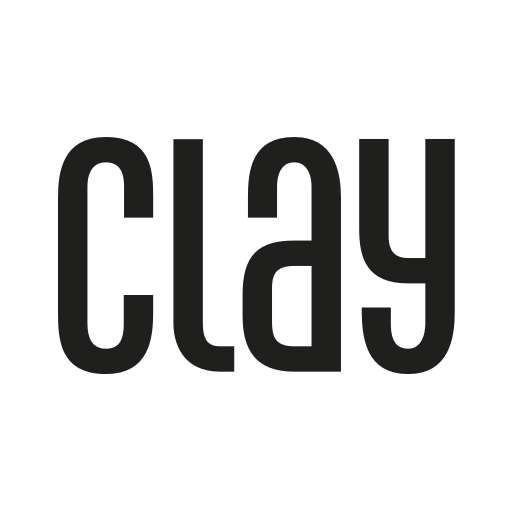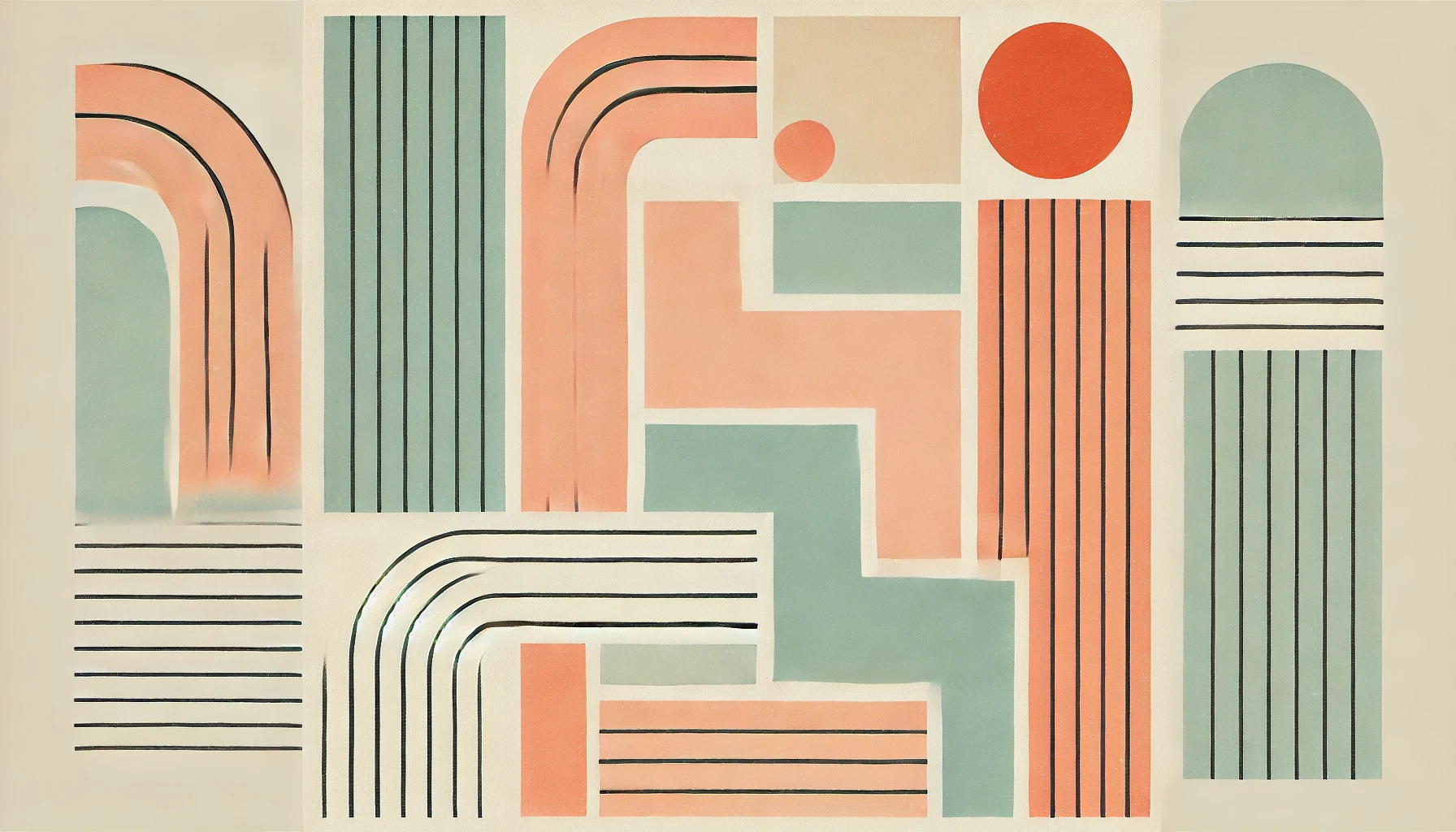In the world of professional development, receiving advice or mentorship is invaluable. Whether it’s a one-time conversation or an ongoing mentorship relationship, expressing gratitude is not just polite—it’s a crucial step in nurturing professional relationships and opening doors for future opportunities. This guide will explore how to craft meaningful thank you emails that leave a lasting positive impression and strengthen your professional connections.
The Importance of Thank You Emails for Advice and Mentorship
Before diving into the how-to, let’s consider why these thank you emails matter:
- Relationship Building: Strengthens the connection between you and your advisor or mentor.
- Professional Etiquette: Demonstrates your understanding of professional courtesy.
- Reflection: Provides an opportunity to reflect on and internalize the advice received.
- Accountability: Shows that you value the time and insights shared, making future help more likely.
- Personal Brand: Enhances your reputation as someone who appreciates and acts on guidance.
Key Elements of an Effective Thank You Email
1. Timely Response
- Send Promptly: Aim to send your thank you email within 24-48 hours of receiving advice or mentorship.
- Why It Matters: Shows that you value the interaction and are eager to apply the insights gained.
2. Personalized Greeting
- Use Their Name: Address your mentor or advisor by name, using the appropriate title if necessary.
- Reference the Interaction: Mention when and where the advice was given to provide context.
Example: “Dear Dr. Smith, Thank you for taking the time to meet with me yesterday afternoon to discuss my career path in neuroscience.”
3. Express Sincere Gratitude
- Be Specific: Mention particular pieces of advice or insights that were especially valuable.
- Show Enthusiasm: Convey your appreciation with genuine excitement.
Example: “I’m incredibly grateful for your insights on the importance of interdisciplinary research in neuroscience. Your perspective has opened up new avenues of thought for my research proposal.”
4. Highlight Key Takeaways
- Summarize Insights: Briefly recap the main points or advice you received.
- Demonstrate Understanding: Show that you’ve reflected on and understood the guidance.
Example: “Your advice on balancing academic research with industry collaboration really resonated with me. I particularly appreciated your suggestion to attend cross-sector conferences to build a diverse network.”
5. Outline Action Steps
- Share Your Plans: Describe how you intend to apply the advice or insights.
- Show Commitment: Demonstrate that you’re taking the guidance seriously.
Example: “Based on your recommendation, I’ve already registered for the upcoming Neurotechnology Symposium and plan to reach out to at least three industry professionals for informational interviews.”
6. Offer Reciprocation
- Express Willingness to Help: If appropriate, offer to assist them in any way you can.
- Show Ongoing Interest: Indicate your desire to keep them updated on your progress.
Example: “Please let me know if there’s any way I can support your work or research. I’d be more than happy to assist and would love to keep you updated on how your advice shapes my journey.”
7. Look Towards the Future
- Mention Future Interactions: If relevant, express hope for future conversations or meetings.
- Leave the Door Open: Indicate your openness to further advice or mentorship.
Example: “I look forward to the possibility of connecting again in the future and perhaps sharing how your advice has influenced my research direction.”
8. Professional Closing
- End Formally: Use a professional sign-off that matches the tone of your relationship.
- Include Your Full Name: Especially important if you’re not on a first-name basis.
Example: “Thank you again for your time and invaluable guidance. Sincerely, [Your Full Name]”
Sample Thank You Email Template
Subject: Grateful for Your Insightful Advice on Neuroscience Career Paths
Dear Dr. Smith,
Thank you for taking the time to meet with me yesterday afternoon to discuss my career aspirations in neuroscience. Your insights and advice were incredibly valuable, and I'm excited to put them into action.
I was particularly struck by your emphasis on the importance of interdisciplinary collaboration in advancing neuroscience research. Your suggestion to explore partnerships with AI researchers has opened up a whole new avenue of possibilities that I hadn't considered before.
Based on our conversation, I've already taken the following steps:
1. Registered for the upcoming Neurotechnology Symposium you recommended.
2. Started researching potential AI research groups at our university for collaboration opportunities.
3. Revised my research proposal to include a section on potential cross-disciplinary applications.
Your mentorship means a great deal to me, and I'm committed to making the most of your advice. I'd be happy to keep you updated on my progress if you're interested.
Please let me know if there's any way I can support your work or research. I'm always eager to learn and contribute.
Thank you again for your generosity in sharing your time and wisdom. I look forward to the possibility of connecting again in the future.
Sincerely,
[Your Full Name]Strategies for Crafting Impactful Thank You Emails
1. Be Genuine and Specific
- Avoid Generic Phrases: Instead of “Thank you for your advice,” say “Your insights on networking strategies in the biotech industry were eye-opening.”
- Share Personal Impact: Explain how their advice has influenced your thinking or actions.
2. Keep It Concise
- Respect Their Time: Aim for a thank you email that can be read in under two minutes.
- Focus on Key Points: Highlight the most impactful pieces of advice rather than recapping everything.
3. Proofread Carefully
- Check for Errors: Ensure there are no spelling or grammatical mistakes.
- Read Aloud: This can help catch awkward phrasing or tone issues.
4. Tailor Your Tone
- Match Their Style: If your mentor is formal, keep your email professional. If they’re more casual, a warmer tone may be appropriate.
- Maintain Professionalism: Even with a casual tone, ensure the content remains professional.
5. Follow Up on Commitments
- If You Promised Updates: Make sure to follow through if you offered to keep them informed of your progress.
- Set Reminders: Use tools to remind you to send periodic updates if appropriate.
Leveraging Technology for Thank You Emails and Relationship Management
While the content of your thank you email is paramount, technology can help you manage and enhance your professional relationships:
- Use Clay for Relationship Management:
- Store details about your mentorship interactions, including key advice received.
- Set reminders for follow-ups and periodic check-ins with mentors.
- Track the evolution of your mentorship relationships over time.
- Email Scheduling Tools:
- Use features like “send later” to ensure your thank you email arrives at an appropriate time.
- Calendar Integration:
- Add reminders to your calendar for sending updates or checking in with mentors.
Common Mistakes to Avoid
- Delayed Response: Waiting too long to send a thank you email can diminish its impact.
- Overly Long Emails: Keep your message focused and respectful of their time.
- Asking for More: Avoid immediately asking for additional favors or meetings.
- Insincerity: Make sure your gratitude comes across as genuine, not formulaic.
- Overlooking Details: Double-check that you’ve spelled their name correctly and referenced the correct meeting details.
Conclusion
Crafting a thoughtful thank you email after receiving advice or mentorship is a valuable skill that can significantly impact your professional relationships and career growth. By following these guidelines and infusing your emails with genuine appreciation and specific details, you can leave a lasting positive impression on those who have invested their time and wisdom in your development.
Remember, the goal of your thank you email is not just to express gratitude, but to reinforce the connection and demonstrate the value you’ve gained from the interaction. Use tools like Clay to help you manage these important relationships, ensuring that you can nurture and leverage them effectively throughout your career.
With practice and sincerity, you’ll develop a knack for writing thank you emails that not only express your appreciation but also pave the way for ongoing mentorship and professional opportunities. In the world of professional development, a well-crafted thank you can be the key to unlocking doors and fostering relationships that will support you throughout your career journey.

